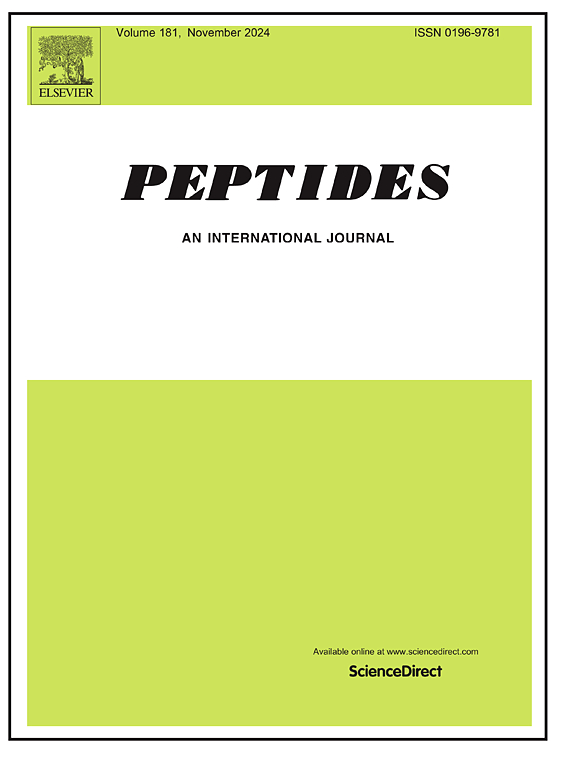The role of leptin and ghrelin in the regulation of appetite in obesity
IF 2.9
4区 医学
Q3 BIOCHEMISTRY & MOLECULAR BIOLOGY
引用次数: 0
Abstract
Leptin and ghrelin are two key hormones that play opposing roles in the regulation of appetite and energy balance. Ghrelin stimulates appetite and food intake following binding to receptors and the subsequent activation of orexigenic neurons in the arcuate nucleus. Leptin, conversely, has been demonstrated to suppress appetite and reduce food intake. This occurs through the inhibition of ghrelin-activated neurons, while simultaneously activating those that promote satiety and increase energy expenditure. A lack of biological response despite elevated leptin levels, which is known as leptin resistance, is observed in individuals with excess body weight and represents a significant challenge. As the dysregulation of ghrelin and leptin signalling has been linked to the development of obesity and other metabolic disorders, an in-depth understanding of the genetic determinants affecting these two hormones may facilitate a more comprehensive grasp of the intricate interactions that underpin the pathogenesis of obesity.
瘦素和胃饥饿素在肥胖患者食欲调节中的作用
瘦素和胃饥饿素是两种关键的激素,在调节食欲和能量平衡方面发挥相反的作用。胃饥饿素在与受体结合后刺激食欲和食物摄入,并随后激活弓状核中的供氧神经元。相反,瘦素已被证明可以抑制食欲,减少食物摄入。这是通过抑制胃饥饿素激活的神经元而发生的,同时激活那些促进饱腹感和增加能量消耗的神经元。尽管瘦素水平升高,但缺乏生物反应,这被称为瘦素抵抗,在体重过重的个体中观察到,这是一个重大挑战。由于胃饥饿素和瘦素信号的失调与肥胖和其他代谢紊乱的发展有关,深入了解影响这两种激素的遗传决定因素可能有助于更全面地掌握支撑肥胖发病机制的复杂相互作用。
本文章由计算机程序翻译,如有差异,请以英文原文为准。
求助全文
约1分钟内获得全文
求助全文
来源期刊

Peptides
医学-生化与分子生物学
CiteScore
6.40
自引率
6.70%
发文量
130
审稿时长
28 days
期刊介绍:
Peptides is an international journal presenting original contributions on the biochemistry, physiology and pharmacology of biological active peptides, as well as their functions that relate to gastroenterology, endocrinology, and behavioral effects.
Peptides emphasizes all aspects of high profile peptide research in mammals and non-mammalian vertebrates. Special consideration can be given to plants and invertebrates. Submission of articles with clinical relevance is particularly encouraged.
 求助内容:
求助内容: 应助结果提醒方式:
应助结果提醒方式:


